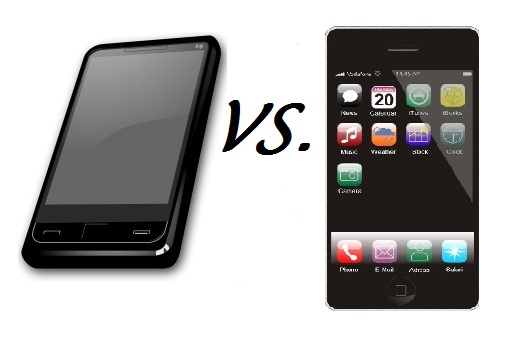 Android users lag in importance behind Apple customers in mobile commerce
Android users lag in importance behind Apple customers in mobile commerce
As opportunities in mobile commerce continue to grow and change, retailers consistently say that Apple consumer rule mobile commerce despite lower smartphone sales. However, it appears that though iPhone users are a minority they are far more likely to use their smartphones to make purchases and otherwise engage in mobile commerce.
Lucrative mobile commerce business
Apple seems to have bigger visibility with iPhones, but sales for Android powered phones accounted for 52.5 percent of smartphone sales and iPhones made up just 34.3 percent. Those figures can be misleading through, because Apple has huge gains and sales in the tablet market with the iPad alone dominating with 76 percent of the market share. Android and other manufacturers make up the rest.
However, that does not account for those actually using their smartphones to make mobile commerce transactions. These are essentially payments made by use of the smartphone – allowing some consumers to leave their wallet at home. Apple’s iPhone users may be a smaller crowd, but they are by far the most likely to use a smartphone for a purchase rather than whipping out the credit card or paying in cash.
The difference is in the user
Though iPhones account for lower sales, they are higher priced than most Android powered smartphones. In essence, those with less expendable income are far more likely to get a less expensive Android when smartphone shopping. The iPhone user is more into using the smartphone for all of the capacities it possesses and are more likely to be up to trying newer trends like mobile commerce transactions for simply buying coffee at a corner shop. Android users are in on the action, but are far behind iPhone consumers in cash to spend and on the willingness to try new ways of spending it.
Kevin Edwards of Affiliate Window said, “Apple users are typical early adopters. They’re generally tech-savvy individuals who embrace new ways of interacting and transacting online.” He also theorizes that Apple customers are more comfortable about shopping and more confident in shopping online. Not only are iPhone users more active in mobile commerce, the same can be said for iPad users as well.

 The think tank has raised considerable concerns regarding consumer safety and security.
The think tank has raised considerable concerns regarding consumer safety and security.